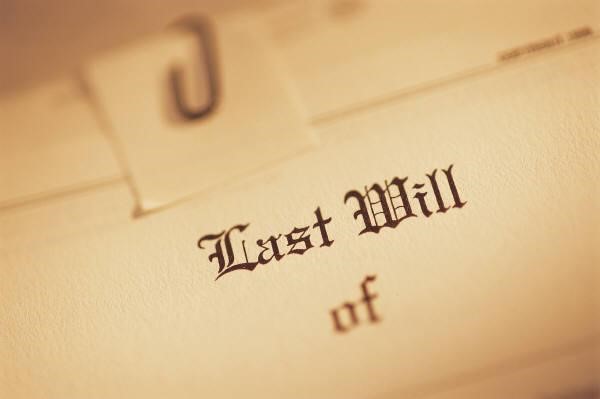People who are sorting out your property when you die and execute the instructions in your will is called your executor. You can choose anyone you like to do this work (and it could be more than one person) – but it is important to get the right choice.

An executor is instructed to carry out instructions in your will when you die.
This can be a tricky job even if your instructions and your property is quite simple – it is not unusual for the process to take several months.
The work of an executor can sometimes be difficult. For example, they may have to:
Decide when to sell your property so that people who inherit get the most money
Make sure the right amount of Inheritance Tax, Capital Gains Tax or Income Tax is paid
Who could be the executor of a will?
Anyone aged 18 or over can be the executor of your will. There are no rules against those named in your will as your executor also being beneficiaries of that will. It is, in fact, very common.
Many people choose their spouse, partner or their children to be executor. But that does not mean they have to be written out of the will.
You can have as many as four executors acting at a time, but they do all need to work together so it may not be practical to choose that number of people. It can be wise to choose two executors, should one of them die before you do.
You could pick one family member and a professional, such as a solicitor or accountant, for example. For help with wills, contact Solicitors Huddersfield at a site like https://bridgelawsolicitors.co.uk/services-for-individuals/family-law/holmfirth-huddersfield-family/

Choosing a professional will tend to cost, but it may help to have someone involved with specialized knowledge. Should an executor die before you, it is possible to appoint a replacement to cover that responsibility.
What makes a good executor?
Remember that if you leave something to someone in your will, they can still be your executor – but they cannot be one of the official witnesses to your will. Above all you have to choose someone you trust. It will be up to them to follow the instructions in your will and to find a fair solution to any disagreements. If you choose more than one executor, they may decide to divide the work.
For example, if you designate one of your children and your lawyer as executor, they may decide that your child is the best person to handle sensitive matters with other family members, while the lawyer handles the tax and legal aspects.
If there is someone in your family who you think will handle the job properly, can be a good idea to have them as an executor. Be sure to ask if they are happy to do the work beforehand and if not, you’ll need to find someone else.
Think carefully before choosing a husband, wife or partner as the sole executor of your will. They will be grieving and by naming someone else to be the executor or jointly with your spouse or partner, you can at least can remove some of the burden from them.


